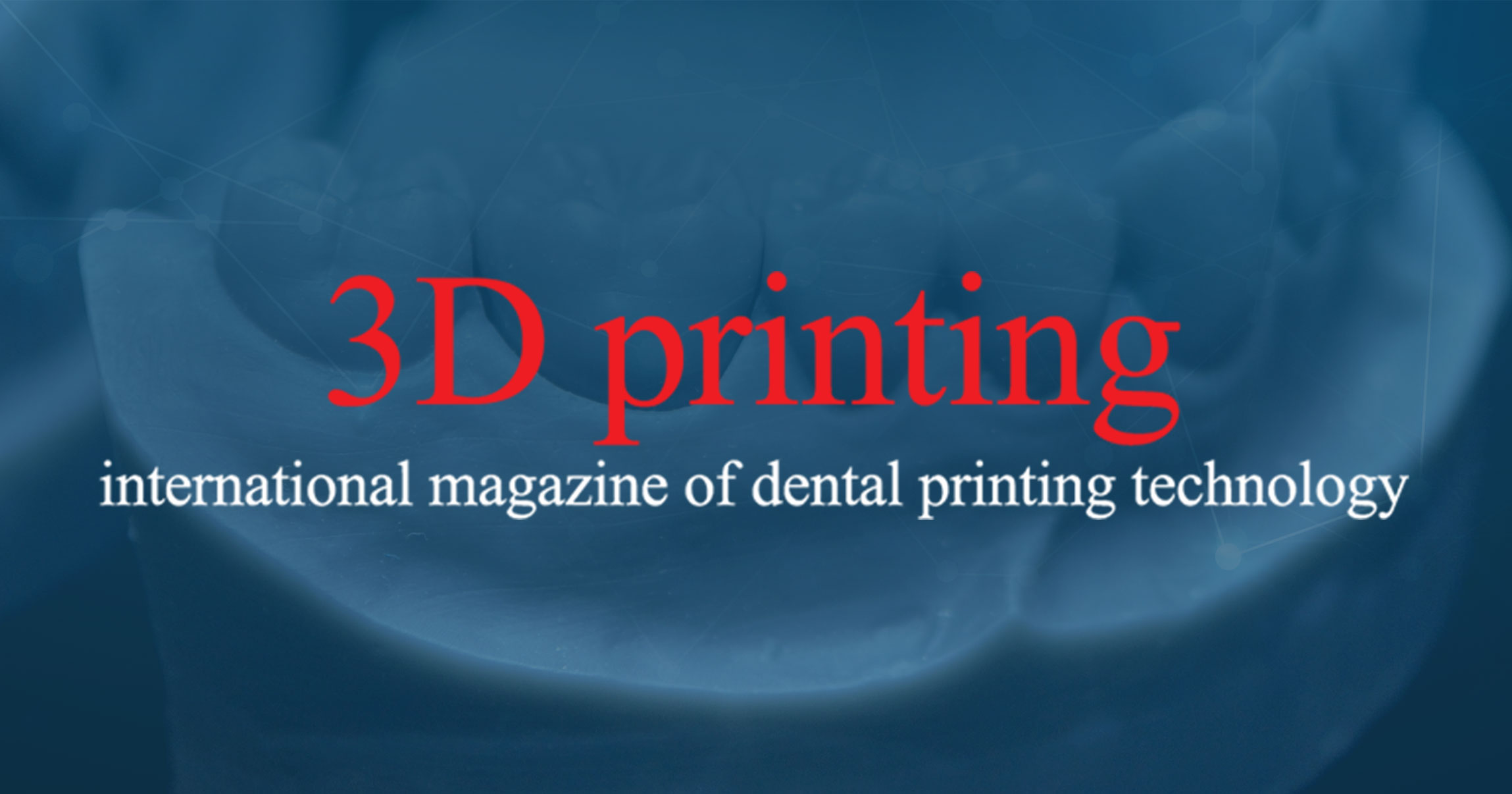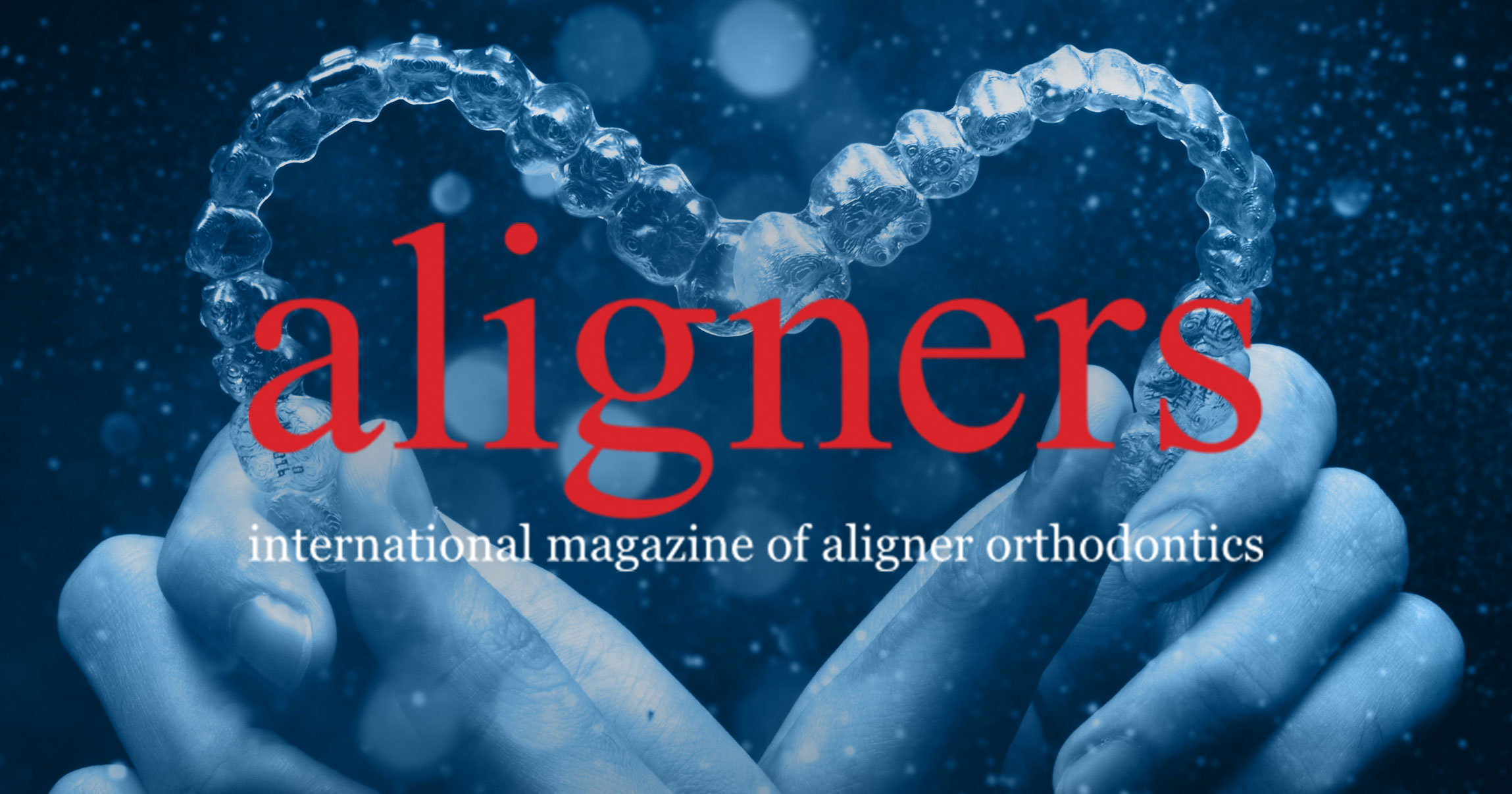STOCKHOLM, Sweden: Although the oral health benefits of fluoride have been scientifically proven, an increasing number of people are concerned about the potential health dangers posed by the substance when ingested into the body through oral care products or fluoridated drinking water. At the Swedish Dental Association’s Annual Dental Congress, which took place in Stockholm earlier this month, the FluORO symposium discussed existing knowledge about fluoride intake, as well as the dental community’s role in addressing patients’ fears and providing accurate information about the topic.
Be it through controversial information available on the Internet, increasing awareness of the systemic effects of chemicals or various anti-fluoride campaigns, many people are confused as to whether fluoride is beneficial or harmful for their health. An indication of the growing concern is the steady rise in web searches and the large number of online articles and posts about the potential health risks of the substance, according to the FluORO symposium presenters.
One way to respond to this development is to convey accurate and objective information to patients when concerns are raised, the speakers emphasised. According to Peggy Näsman, a PhD student at Karolinska Institutet in Stockholm who is researching the relationship between fluoride and public health, dentists especially need to help their patients to understand the difference between fluorine and fluoride. While fluorine in its pure elemental form is one of the most reactive elements on the periodic table, fluoride colloquially refers to the active fluoride compound—usually stannous fluoride or sodium fluoride—that is added to toothpaste or drinking water.
Moreover, the experts emphasised that practitioners need to be prepared to propose alternative approaches for preventing tooth decay if patients refuse to use fluorides at all. They concluded that, although there is no universal answer to the topic, dental staff should provide accurate and objective knowledge on the matter, as incorrect information will otherwise spread unchallenged and may bias parents of young children in their decision to use fluoridated toothpaste for preventing tooth decay.
Summarising the knowledge about fluoride and its toxicology, Dr Jon E. Dahl, Professor of Cariology at the University of Oslo in Norway, stressed that—although it is correct that fluoride is toxic—it would take very large amounts of the substance to cause any damage in the body.
In spite of controversial claims, various international studies have found public water fluoridation and the use of fluoridated toothpaste—in appropriate doses—to be safe, effective and affordable ways to prevent and reduce tooth decay in the population.



 阿尔巴尼亚 / Albania
阿尔巴尼亚 / Albania
 奥地利 / Österreich
奥地利 / Österreich
 波斯尼亚和黑塞哥维那 / Босна и Херцеговина
波斯尼亚和黑塞哥维那 / Босна и Херцеговина
 保加利亚 / България
保加利亚 / България
 克罗地亚 / Hrvatska
克罗地亚 / Hrvatska
 捷克共和国和斯洛伐克 / Česká republika & Slovensko
捷克共和国和斯洛伐克 / Česká republika & Slovensko
 芬兰 / Suomi
芬兰 / Suomi
 法国 / France
法国 / France
 德国 / Deutschland
德国 / Deutschland
 希腊 / ΕΛΛΑΔΑ
希腊 / ΕΛΛΑΔΑ
 意大利 / Italia
意大利 / Italia
 荷兰 / Nederland
荷兰 / Nederland
 北欧的 / Nordic
北欧的 / Nordic
 波兰 / Polska
波兰 / Polska
 葡萄牙 / Portugal
葡萄牙 / Portugal
 罗马尼亚和摩尔多瓦 / România & Moldova
罗马尼亚和摩尔多瓦 / România & Moldova
 斯洛文尼亚 / Slovenija
斯洛文尼亚 / Slovenija
 塞尔维亚和黑山 / Србија и Црна Гора
塞尔维亚和黑山 / Србија и Црна Гора
 西班牙 / España
西班牙 / España
 瑞士 / Schweiz
瑞士 / Schweiz
 火鸡 / Türkiye
火鸡 / Türkiye
 英国和爱尔兰 / UK & Ireland
英国和爱尔兰 / UK & Ireland
 国际的 / International
国际的 / International
 巴西 / Brasil
巴西 / Brasil
 加拿大 / Canada
加拿大 / Canada
 拉丁美洲 / Latinoamérica
拉丁美洲 / Latinoamérica
 利用 / USA
利用 / USA
 印度 / भारत गणराज्य
印度 / भारत गणराज्य
 日本 / 日本
日本 / 日本
 巴基斯坦 / Pākistān
巴基斯坦 / Pākistān
 越南 / Việt Nam
越南 / Việt Nam
 东盟 / ASEAN
东盟 / ASEAN
 以色列 / מְדִינַת יִשְׂרָאֵל
以色列 / מְדִינַת יִשְׂרָאֵל
 阿尔及利亚 / الجزائر
阿尔及利亚 / الجزائر
 中东 / Middle East
中东 / Middle East
:sharpen(level=0):output(format=jpeg)/up/dt/2023/03/IDS2023a.jpg)
:sharpen(level=0):output(format=jpeg)/up/dt/2023/03/CEOPH.jpg)
:sharpen(level=0):output(format=jpeg)/up/dt/2023/03/impltsaveWeb.jpg)
:sharpen(level=0):output(format=jpeg)/up/dt/2023/02/europ1.jpg)
:sharpen(level=0):output(format=jpeg)/up/dt/2023/02/CADADET.jpg)







:sharpen(level=0):output(format=png)/up/dt/2022/01/HASSBIO_Logo_horizontal.png)
:sharpen(level=0):output(format=png)/up/dt/2013/01/Amann-Girrbach_Logo_SZ_RGB_neg.png)
:sharpen(level=0):output(format=png)/up/dt/2014/02/EMS.png)
:sharpen(level=0):output(format=png)/up/dt/2014/02/3shape.png)
:sharpen(level=0):output(format=png)/up/dt/2013/04/Dentsply-Sirona.png)
:sharpen(level=0):output(format=png)/up/dt/2010/06/DirectaDentalGroup_2021_new_a.png)
:sharpen(level=0):output(format=jpeg)/up/dt/2022/08/DTCHI_0322_FINAL.jpg)
:sharpen(level=0):output(format=jpeg)/up/dt/e-papers/307114/1.jpg)
:sharpen(level=0):output(format=jpeg)/up/dt/e-papers/302868/1.jpg)
:sharpen(level=0):output(format=jpeg)/up/dt/e-papers/295582/1.jpg)
:sharpen(level=0):output(format=jpeg)/up/dt/e-papers/274907/1.jpg)
:sharpen(level=0):output(format=jpeg)/up/dt/e-papers/271655/1.jpg)
:sharpen(level=0):output(format=png)/up/dt/2023/03/IMP-Banner-Image-World-Summit-Athens.png)
:sharpen(level=0):output(format=jpeg)/up/dt/2023/03/corp-en-us-image-dsw23-homepage-teaser-stage.jpg)
:sharpen(level=0):output(format=jpeg)/up/dt/2017/01/a31a4a57dc208881057f0429b2563d28.jpg)

:sharpen(level=0):output(format=jpeg)/up/dt/2023/03/IDS2023a.jpg)
:sharpen(level=0):output(format=gif)/wp-content/themes/dt/images/dt-user.gif)
:sharpen(level=0):output(format=jpeg)/up/dt/2023/02/CADADET.jpg)
:sharpen(level=0):output(format=jpeg)/up/dt/2020/06/Digital-Dental-Show-Amann-Girrbach-virtual-exhibition-stand-offers-added-value.jpg)
:sharpen(level=0):output(format=jpeg)/up/dt/2019/09/Sino-Dental-2019.jpg)
:sharpen(level=0):output(format=jpeg)/up/dt/2017/09/resize_1505392105_uploads_images_0d0257a0acd6f430ccd6c124c9f05955_jpg_610x0_85.jpg)
:sharpen(level=0):output(format=jpeg)/up/dt/2021/06/g-cem-one-780x439-.jpg)
:sharpen(level=0):output(format=jpeg)/up/dt/2017/01/da4c4ee08cb27e23c7789e106921e371.jpg)
:sharpen(level=0):output(format=jpeg)/up/dt/2017/01/dad065f30b5832af73f1b730316e6180.jpg)
:sharpen(level=0):output(format=jpeg)/up/dt/2017/01/759a56eb57fde947e63ce8aa90f01970.jpg)
:sharpen(level=0):output(format=jpeg)/up/dt/2021/06/goldbd1.jpg)
:sharpen(level=0):output(format=jpeg)/up/dt/2018/09/DSC_0002.jpg)
:sharpen(level=0):output(format=jpeg)/up/dt/2017/07/UHA-dentaclear-lozenges.jpg)









:sharpen(level=0):output(format=jpeg)/up/dt/2023/03/IDS2023a.jpg)
:sharpen(level=0):output(format=jpeg)/up/dt/2023/03/CEOPH.jpg)
:sharpen(level=0):output(format=jpeg)/up/dt/2023/03/impltsaveWeb.jpg)
:sharpen(level=0):output(format=jpeg)/up/dt/e-papers/307114/1.jpg)
:sharpen(level=0):output(format=jpeg)/up/dt/e-papers/302868/1.jpg)
:sharpen(level=0):output(format=jpeg)/up/dt/e-papers/295582/1.jpg)
:sharpen(level=0):output(format=jpeg)/up/dt/e-papers/274907/1.jpg)
:sharpen(level=0):output(format=jpeg)/up/dt/e-papers/271655/1.jpg)
:sharpen(level=0):output(format=jpeg)/up/dt/2022/08/DTCHI_0322_FINAL.jpg)
:sharpen(level=0):output(format=jpeg)/up/dt/e-papers/311322/2.jpg)



